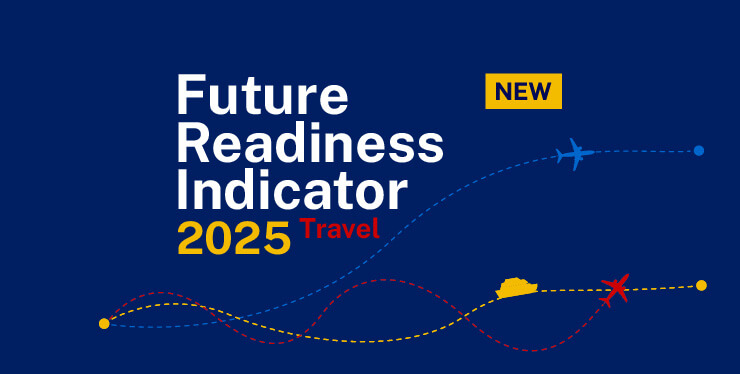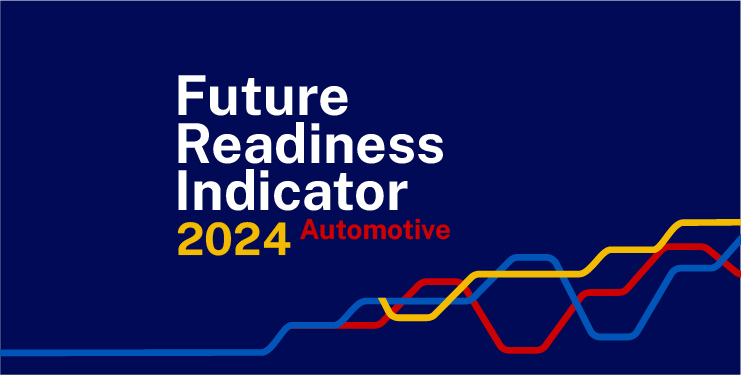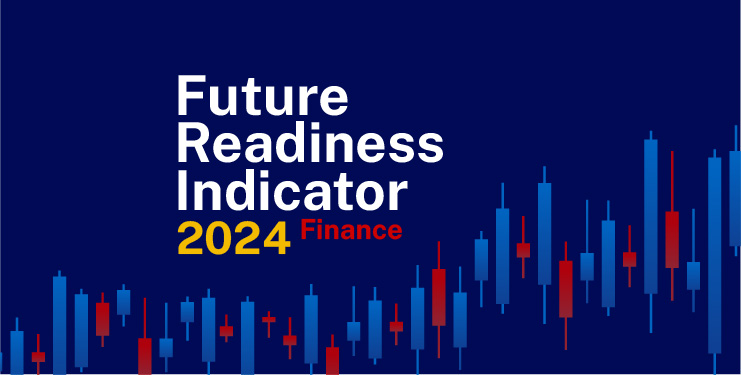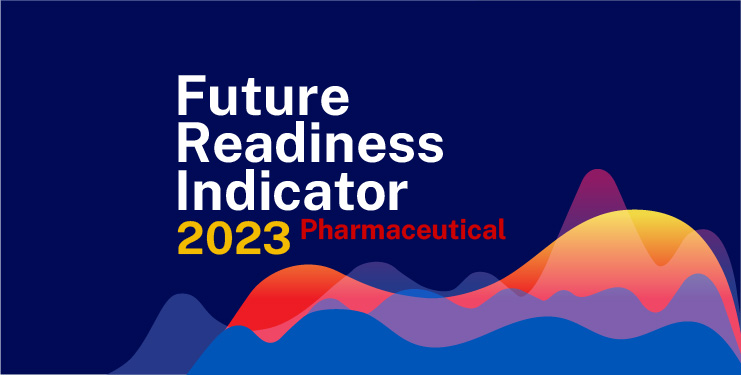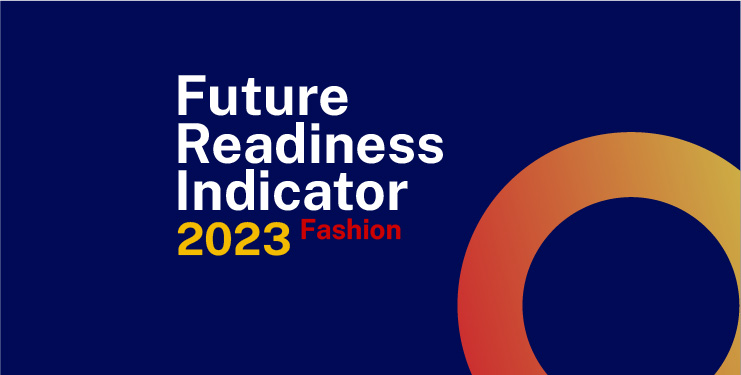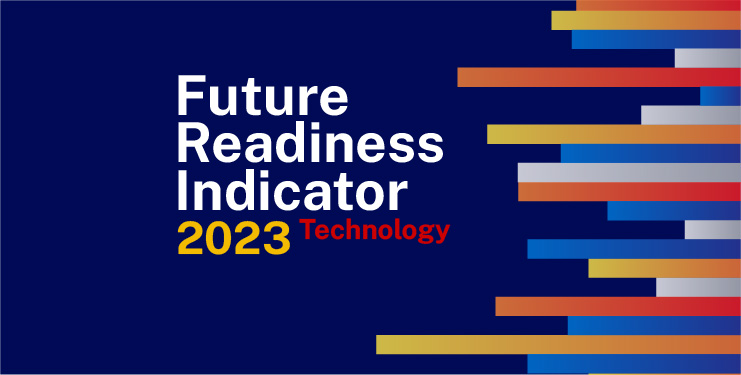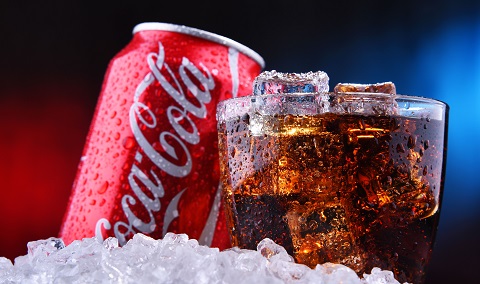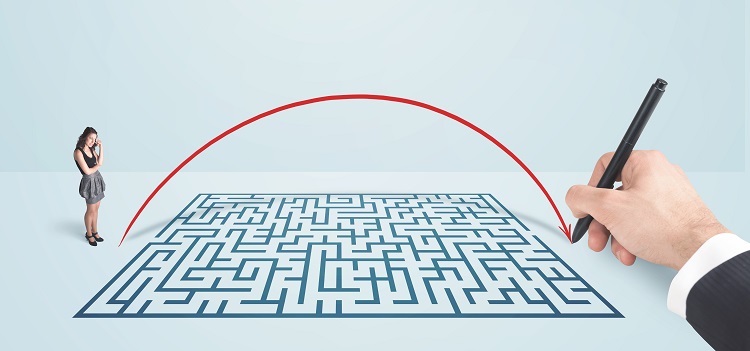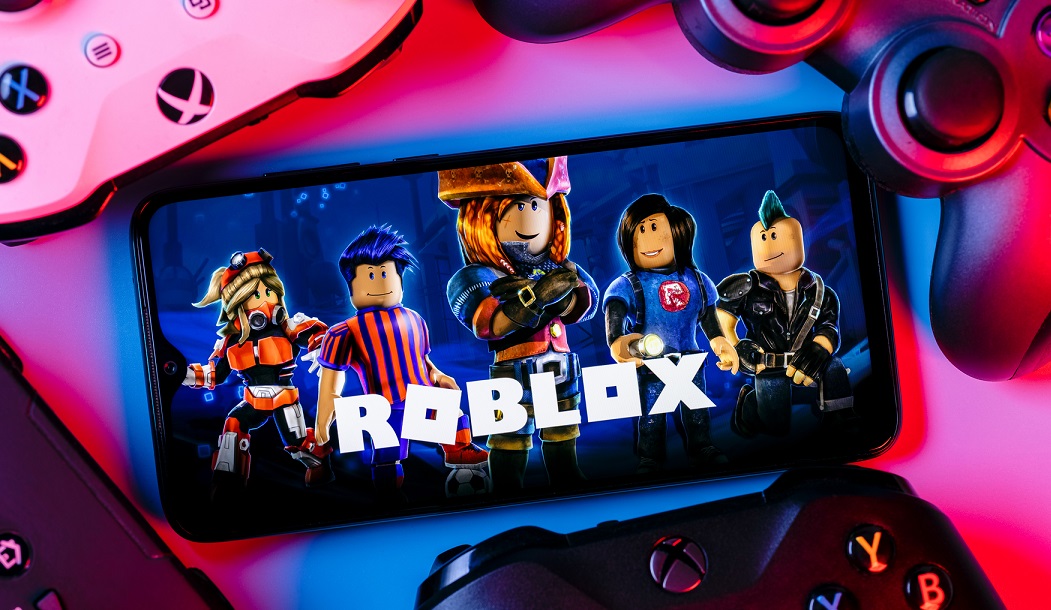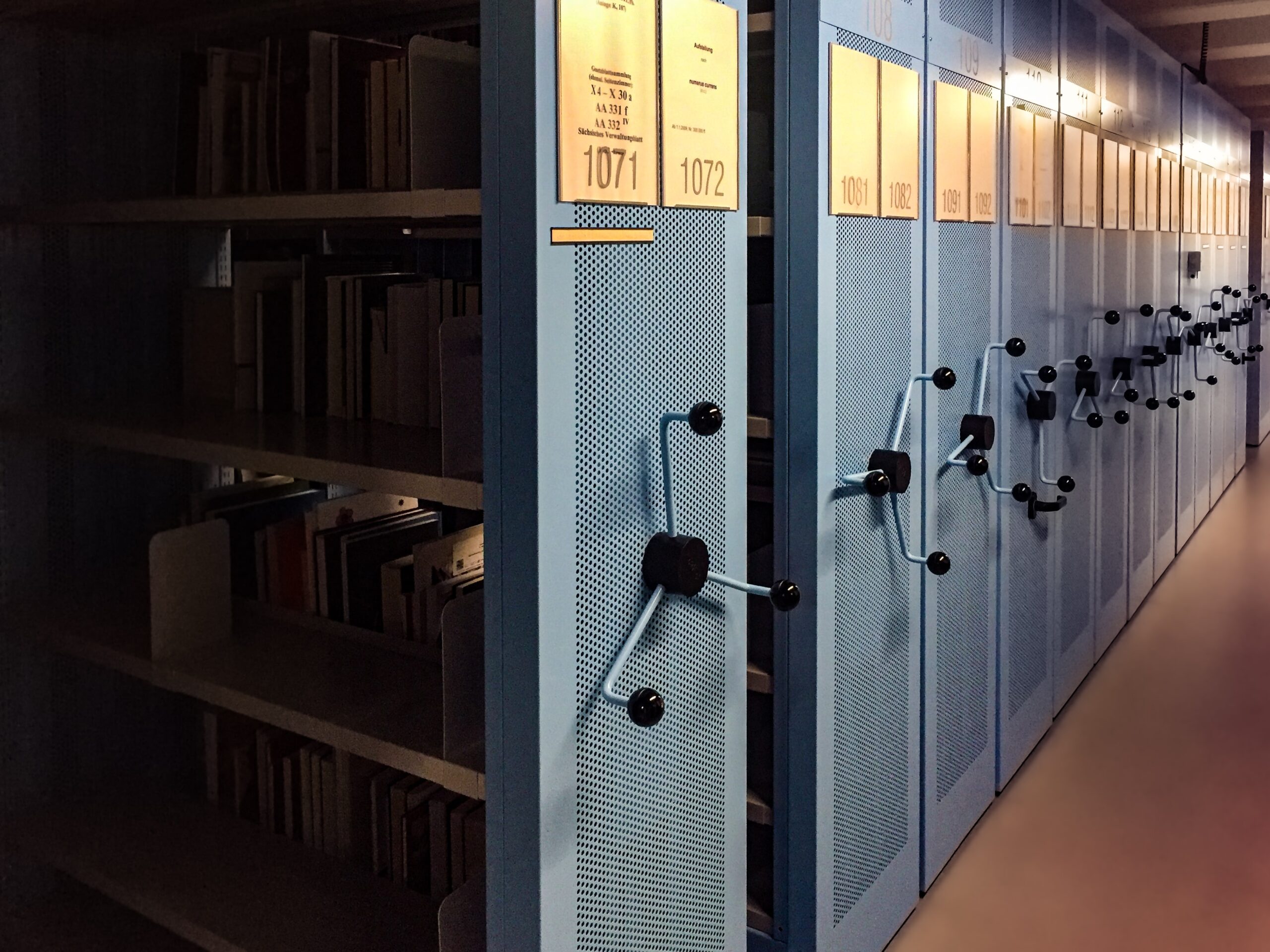IMD business school for management and leadership courses
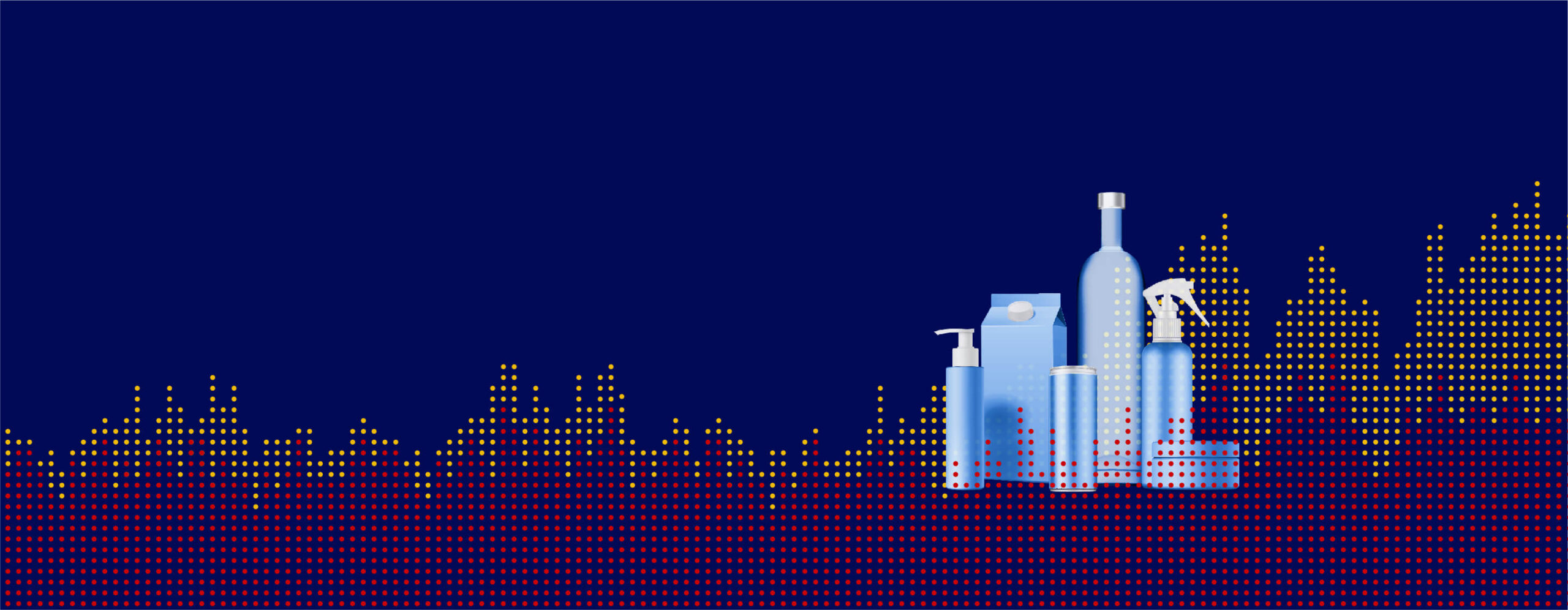

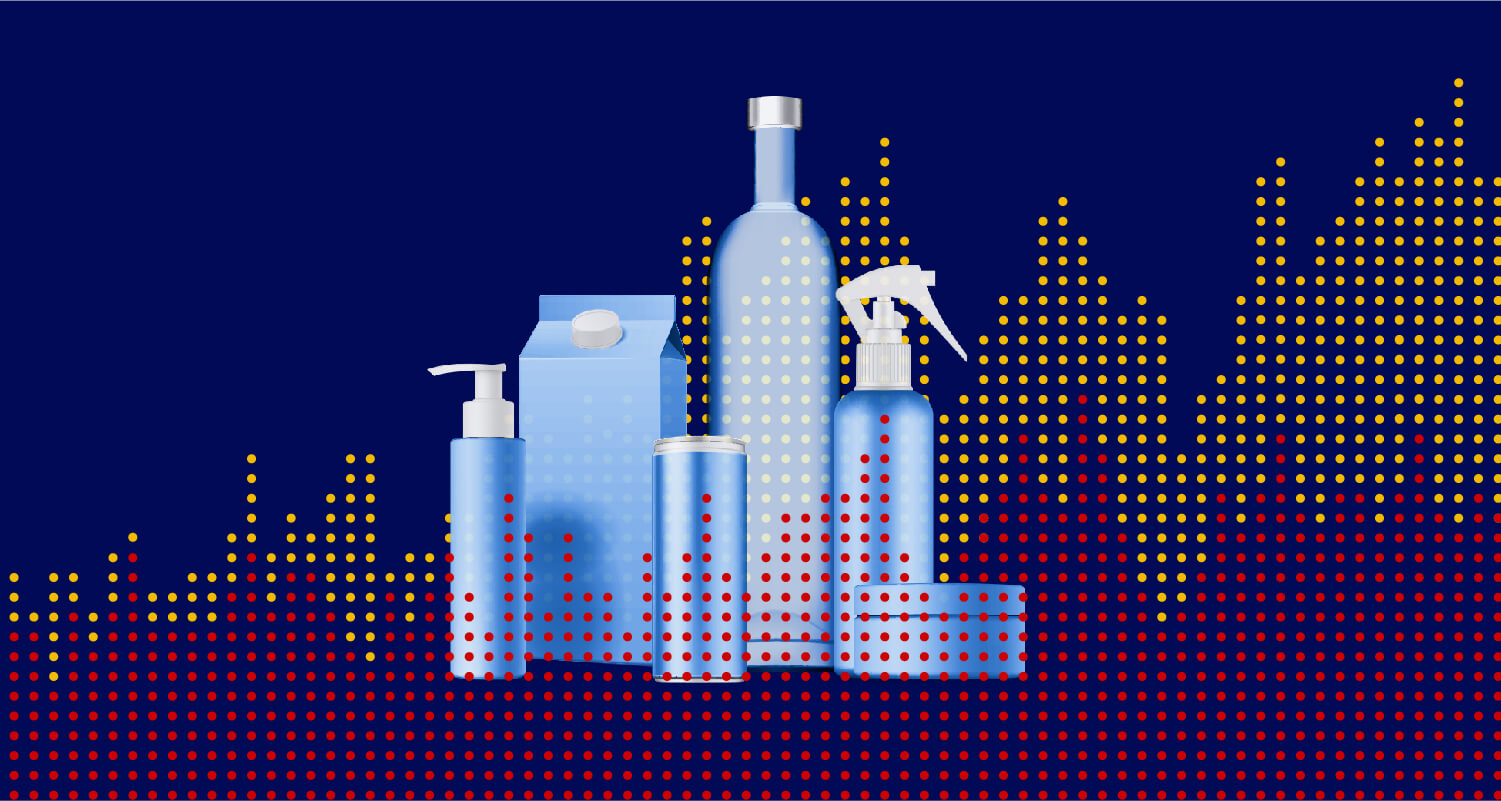
By Howard Yu and the Center for Future Readiness
Future Readiness Indicator
By Howard Yu and the Center for Future Readiness
The Future Readiness Indicator Consumer Packaged Goods 2023
Weathering the storm: Two charts depict the top future-ready CPG brands in 2023.
Inflation, recession, wavering consumer confidence—all these factors hit hard on spending. People switch to cheaper brands and buy less when times get hard. But like all crises, some companies get hit harder than others. The best ones may even turn threats into opportunities. So, in 2023, which brands in the consumer-packaged goods sector were most ready for turbulence?
Future readiness is essential for companies to navigate the uncertain economic landscape. This involves strategic decision-making, embracing sustainability initiatives, and integrating automation and digital transformation into their operations. These steps are crucial in driving growth and ensuring companies are future-proof in a world where consumer behaviors and market dynamics constantly evolve.
At IMD’s Center for Future Readiness, we track companies’ future readiness. We do this through objective measures calculated as composite scores. Below is our latest ranking among the top consumer brands, spanning household goods, cosmetics, food, and beverages. Our objective is to achieve a balanced viewpoint of a company’s future readiness. Learn more about our ranking methodology.
Global CPG rankings
Below are the 2023 rankings for global CPG companies.
Click on the company’s name to see details of the score, and drag the slider to adjust the year.
Top players have successfully achieved scalable innovation that consumers find worth paying for through product and end-to-end innovation, from material sourcing to social engagement. This dual strategy is driven by digital technology, automation, advanced analytics, and, increasingly, generative AI.
Laggards struggle because they fail to build these advanced systems. They stick to traditional approaches, focusing on growth through M&A and cutting costs. As a result, consumers lose interest in their stale offerings. Once a company gets stuck, it can’t attract top talent, leading to a downward spiral.
The contrast between top performers and underachievers is also reflected in their behaviors. Below is a chart that shows how likely a company is to develop new products, as shown on the Y-axis. Meanwhile, the X-axis depicts the extent to which the company is closely focusing on consumers.
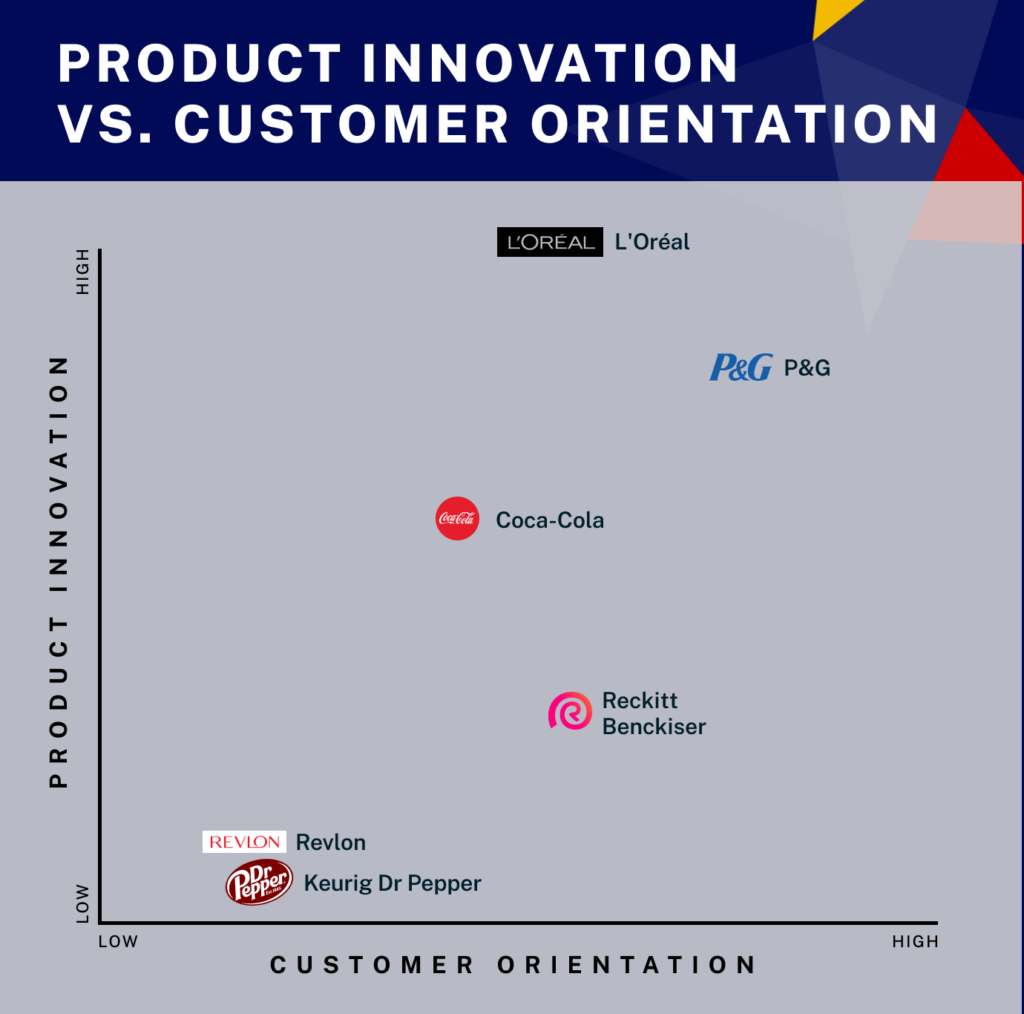
We’ve built an algorithm to analyze reports from major business news outlets and corporate press releases over the past decade. The results have helped us understand brand perception and evolution in the business community. Think of this as big-text analytics. More details on our computer-aided research can be found here.
Case studies for the top future-ready CPG brands
It’s all about harnessing the power of AI and analytics. Top-ranking companies possess advanced capacities to analyze data such as sales, customer behavior, market trends, weather, and events. This enables them to generate accurate demand forecasts for various products.
In the world of CPG, it’s not just about what you sell or make. It’s about how you make your product and how you sell it. Otherwise, the brand won’t be worth it.
Let’s check out what worked for our top future-ready CPG brands in 2023.
Coca-Cola: optimizing with AI
Coca-Cola’s success in achieving the top spot for future readiness is a compelling example of how leveraging advanced technology, specifically artificial intelligence (AI) and analytics, can transform a traditional business model into a dynamic, data-driven enterprise.
As a global leader in the beverage industry, this brand operates in over 200 countries, serving approximately 20 million customers. Historically known for its flagship cola product, the company has expanded its portfolio to include a wide range of beverages.
Coca-Cola has embraced AI and analytics to analyze vast datasets, including sales, customer behavior, and market trends. This allows the company to predict beverage demand across different regions accurately. Using AI for demand forecasting, Coca-Cola optimized its supply chain planning, ensuring efficient inventory management, production, and distribution. The company leverages AI to assess the effectiveness of marketing campaigns across various channels and formats, which helps identify the most impactful strategies and allocate resources effectively.
The company ensures that data tools are widely available, enabling managers at all levels to access and use this information. This approach promotes transparency and removes the possibility of data siloing, as all data points contribute to a central data system. Implementing these technologies signifies a shift in corporate culture, emphasizing evidence-based decision-making and commercial discipline.
They introduced products like Topo Chico Hard Seltzer, catering to emerging market trends such as low-calorie, low-sugar, and gluten-free options. This innovation reflects an understanding of changing consumer preferences and the ability to adapt to market needs quickly.
Outcomes:
- Enhanced decision-making. The centralized data system allows for the creative generation of insights and their local application, leading to more informed decisions.
- Market responsiveness. With a modern, data-driven backend, Coca-Cola has been agile in exploring new markets and product lines that resonate with evolving consumer trends.
- Brand value enhancement. Coca-Cola’s approach goes beyond product creation; it encompasses how products are made and sold, reinforcing the brand’s value and relevance in the modern market.
Coca-Cola’s example illustrates that future readiness is not solely about adopting new technologies but also about integrating these technologies into every aspect of the business, from supply chain management to marketing strategies.
This case study demonstrates the transformative power of AI and analytics in driving efficiency, transparency, and innovation in a globally competitive environment. The company’s success in this area is a benchmark for others in the consumer packaged goods industry and beyond, highlighting the importance of a data-centric approach in today’s fast-paced business world.
L’Oréal: personalization through analytics
L’Oréal, a global leader in the beauty industry, has a diverse range of products catering to various consumer needs. The company’s commitment to innovation and technology has been a key factor in maintaining its market leadership.
L’Oréal uses AI to analyze customer data, market trends, and other relevant factors. This enables them to forecast demand for their products more accurately. The company employs advanced analytics to create personalized beauty products and experiences for its customers.
Utilizing customer preferences and profiles, L’Oréal crafts personalized beauty boxes, enhancing customer satisfaction and loyalty. AI is used to develop new hair color shades inspired by trends observed on social media, demonstrating L’Oréal’s responsiveness to current consumer trends.
Additionally, L’Oréal’s campaign “By Garnier, Naturally” focuses on natural ingredients, eco-friendly packaging, and social initiatives, reflecting the company’s commitment to sustainability and corporate social responsibility.
Outcomes:
- Enhanced customer experience. The use of AI in creating personalized products and experiences has significantly improved customer satisfaction and engagement.
- Innovative product development. L’Oréal’s ability to quickly adapt to market trends and consumer preferences has kept them at the forefront of innovation in the beauty industry.
- Increased operational efficiency. Using AI and analytics in supply chain and inventory management has streamlined operations, reducing costs and improving efficiency.
- Brand strengthening. The focus on sustainability and social responsibility has bolstered L’Oréal’s brand image, aligning it with contemporary consumer values.
L’Oréal’s case study illustrates how the strategic use of AI and analytics can enhance operational efficiency and product innovation and lead to a significant cultural shift within an organization.
By focusing on data democratization, personalized customer experiences, and sustainability, L’Oréal has solidified its position as a leader in the beauty industry and a model for future readiness. This approach, blending technology with corporate responsibility, sets a benchmark for companies aiming to remain relevant and competitive in the rapidly evolving consumer goods market.
P&G: innovation in consumer experience
Procter & Gamble (P&G), a multinational consumer goods corporation, is renowned for its wide range of consumer goods, including cleaning agents, personal care products, and hygiene products. The company’s consistent focus on innovation has been crucial to its market success.
P&G employs AI to analyze various data sets, such as sales, consumer behavior, and market trends. This allows for accurate demand forecasts, enhancing supply chain efficiency. The use of AI in developing new products and improving existing ones is central to P&G’s strategy. A notable example is the Olay Skin Advisor app, which uses AI to analyze users’ selfies and skin conditions to recommend personalized skincare products.
Integrating technology into its business model signifies a profound change in P&G’s corporate culture, focusing on innovation, efficiency, and market responsiveness.
P&G also introduced Tide Simply Clean & Fresh, a new line of laundry detergents that offer effective cleaning at a more affordable price point, responding to market demand for value-based products.
Outcomes:
- Operational efficiency. Using AI in supply chain management has streamlined operations, reduced costs, and improved responsiveness to market changes.
- Enhanced customer experience. Tools like the Olay Skin Advisor app demonstrate P&G’s commitment to providing personalized and value-added experiences to its customers.
- Market agility. The ability to rapidly adapt to consumer needs and market trends, as shown by the introduction of new product lines, keeps P&G competitive in a dynamic market.
- Brand reinforcement. P&G’s focus on technology and consumer-centric innovation reinforces its brand reputation as a leader in the consumer goods industry.
P&G’s case study exemplifies the significant role of AI and analytics in transforming traditional business practices. By embracing these technologies, P&G enhanced its operational efficiencies and fostered a culture of innovation and responsiveness.
This approach—combining technological advancements with a deep understanding of consumer demand and behavior—positions P&G as a future-ready company in the fast-evolving consumer packaged goods sector. The company’s success in leveraging data for strategic decision-making and product development serves as a model for others seeking to remain relevant and thrive in today’s market.
Key strategies for future readiness in the CPG industry
Digital transformation
- AI and analytics. Use AI to understand consumer behavior and market trends for better demand forecasting and product innovation.
- E-commerce and digital platforms. Expand into online sales channels and utilize digital platforms for customer insights.
- Digital tools for efficiency. Apply digital solutions for streamlined internal operations, reducing costs and enhancing productivity.
Sustainability initiatives
- Eco-friendly products. Develop sustainable products and packaging to appeal to environmentally conscious consumers.
- Carbon footprint reduction. Implement practices to minimize waste and emissions, aligning with consumer and regulatory standards.
- Corporate social responsibility. Engage in CSR activities to strengthen brand loyalty and corporate image.
Supply chain agility
- Flexible networks. Create adaptable supply chains with diversified suppliers and robust logistics technology.
- Responsive manufacturing. Implement just-in-time manufacturing and the Internet of Things (IoT) for efficient production.
- Partnership collaboration. Work closely with supply chain partners for a unified approach to challenges and opportunities.
Future trends in consumer packaged goods
The CPG industry is witnessing a transformative phase, characterized by several key trends shaping its future. Firstly, consumer behavior is increasingly leaning towards health and wellness, with rising demand for healthier, organic, and natural products. This trend is complemented by value-based purchasing, where consumers are more conscious of the ethical and environmental impacts of their choices.
Environmental, Social, and Governance (ESG) considerations are gaining prominence, pushing companies towards sustainable practices, reduced carbon footprints, and eco-friendly packaging. Alongside, there’s a heightened focus on corporate social responsibility, reflecting a shift towards ethically conscious business operations.
Technological advancements are also pivotal in this evolution. AI and Machine Learning are becoming integral in analyzing consumer behavior and optimizing supply chains. Blockchain technology is emerging as a tool for enhancing supply chain transparency. Additionally, the IoT is revolutionizing manufacturing processes and improving consumer experiences.
In essence, the CPG sector’s future will be shaped by a blend of health-focused consumer trends, ethical and sustainable business practices, and cutting-edge technology adoption. Companies that successfully navigate these trends will be well-positioned to lead in the evolving market landscape.
